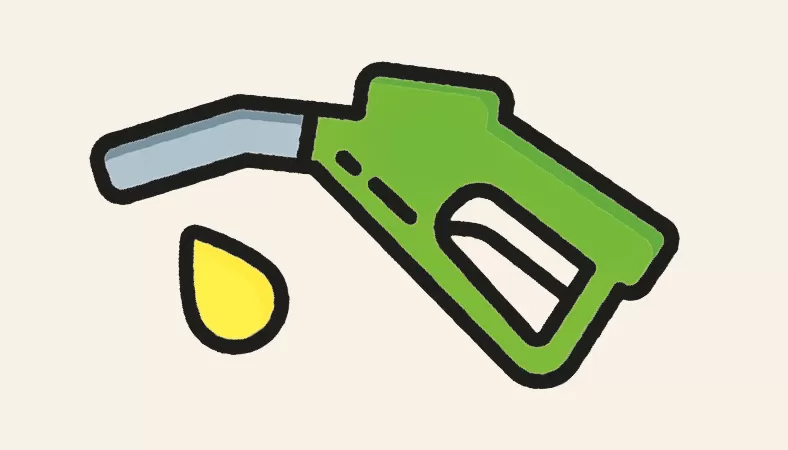
Govt finally decides to remove fuel subsidy

The government has eventually decided to cancel fuel subsidies and adjust prices according to the global market rates every three months initially.
Several officials of the Energy and Mineral Resources Division told The Business Post the power, energy and mineral resources ministry made the decision in a meeting on December 13.
Senior Secretary of the division Mahbub Hossain could not be reached for comments on the matter.
A joint secretary of the division recently said the government was considering following the liquefied petroleum gas (LPG) price adjustment model to set fuel rates.
He said while the Bangladesh Energy Regulatory Commission (BERC) sets LPG rates every month, fuel prices are expected to be fixed every three months.
LPG importers’ costs and commissions were finalised through a public hearing. Now only LPG prices are adjusted every month. However, there have been allegations that LPG operators do not follow BERC prices.
Energy division officials said the LPG approach was being considered to adjust the prices of diesel, petrol, octane, kerosene, and other fuel types.
They said operating costs and that of imports would be separated.
Operating costs would remain unchanged while domestic fuel prices would increase or decrease according to the international market rates every three months, they further said.
Besides, they said the pending BERC regulation amendment would be done soon so that the commission could legally adjust fuel prices.
The regulation amendment proposal was submitted to the power, energy and mineral resources ministry in 2012, but it is still pending. The ministry also said the decision had been made to make the necessary amendments.
There have been rumours for several months the government wants to do away with fuel subsidies. The prime minister recently said the government had subsidised fuel so far as it had money.
“But we have also been affected by the global recession caused by the coronavirus pandemic and the Russia-Ukraine war. Now electricity and gas subsidies will be gone, and everybody has to pay the actual prices.”
On the other hand, State Minister for Power, Energy and Mineral Resources Nasrul Hamid told the media a couple of times the government was thinking about opening the fuel market to the private sector.
“There could be private as well as government companies. A mechanism is being tried. If prices increase in the international market, the same will happen here and vice versa. The government no longer wants to subsidise fuel.”
Meanwhile, many experts question fuel subsidies. Energy expert Professor M Shamsul Alam told The Business Post, “The government says it subsidises fuel, but fuel taxes are still high. Something is fishy here.”
He said the Bangladesh Petroleum Corporation (BPC) was also making profits from taxes.
“When oil prices increase globally, taxes here also go up. Our proposal is to impose taxes on the quantity of fuel and not on prices. If that happens, taxes here will not vary even if dollar prices fluctuate in the international market.”
At present, fuel prices are fixed by executive orders from the top levels of the government. The state-run BPC only imports oil and distributes it via its three entities – Padma oil, Jamuna oil, and Meghna petroleum.
According to the BPC, imports account for 60 per cent of the local demand for petrol while octane is sourced from domestic gas fields.
Besides, Bangladesh has to import a large quantity of diesel. The domestic demand for fuel, mainly diesel and petrol, is being met by importing 1.5 million tonnes of crude oil per year.
The government has undertaken a project to construct the second unit at Eastern Refinery Limited with the aim of refining another three million tonnes of crude oil per annum.
The BPC said the domestic demand for fuel, mostly used in transport, agriculture, industries, and power plants, was 6.99 million tonnes in FY21.
In August this year, the government increased fuel prices by a record 42 per cent, which exacerbated the suffering of consumers already burdened by rising commodity prices and skyrocketing inflation.
The Bangladesh Bank said inflation stands at 8.85 per cent, but economists dispute the figure.
Editor & Publisher: S. M. Mesbah Uddin
Published by the Editor from House-45,
Road-3, Section-12, Pallabi, Mirpur
Dhaka-1216, Bangladesh
Call: +01713180024 & 0167 538 3357
News & Commercial Office :
Phone: 096 9612 7234 & 096 1175 5298
e-mail: financialpostbd@gmail.com
HAC & Marketing (Advertisement)
Call: 01616 521 297
e-mail: tdfpad@gmail.com